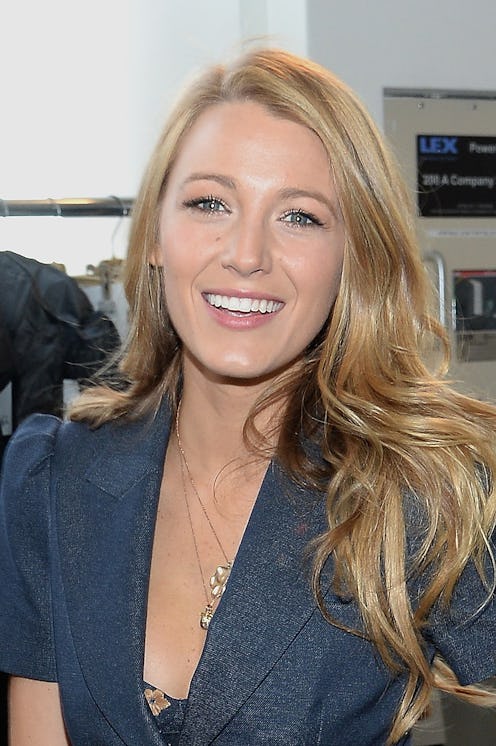Fashion
Brittle, Fragile Hair? Here's What You Can Do
It's pretty well drilled into us now what we need to do to achieve great hair: lay off the hot tools, change up your hairstyle every day so you’re not causing damage in the same places constantly, never send a brush through wet hair, and feed your strands weekly with a rich moisturizing masque.
But what happens if you follow these rules religiously and are still finding that you can’t grow your hair past your collarbone without it breaking off? What if it's a sea of split ends or just generally a thin, fragile mess? Just like diet can play a role in improving your skin, what you eat is an important part of your haircare routine, too.
Why Does It Matter?
Would it be best to reword this to: "When we indulge in an unhealthy diet with limited nutrients, our body uses these for the more vital organs in the body - since the body technically doesn't require hair to function, it limits the supply"
“Hair is the fastest growing tissue in the human body,” says trichologist — that's a hair and scalp specialist — Bobby Spence. "When we indulge in an unhealthy diet with limited nutrients, our body uses those few nutrients for the more vital organs in the body. Since the body technically doesn't require hair to function," it misses out, which results in thinning, breakage and split ends.
Luckily, our hair works on a three part growth cycle: the anagen (growth) phase, catagen (transitional, or shedding) phase, and telogen (resting) phase. Eighty-five percent of your hair is always in the growing phase, and 15 percent is in the shedding phase, which lasts about five to six weeks, says Spence. “When we eat unhealthily, the hair stays in the shedding phase for an extended period. We need to eat better to help strengthen strands and restore the hair back into the growth phase.” Depending on what phase your hair is in, it can take anywhere from three weeks to six months to see healthy improvements.
So it’s not a quick fix sitch. But diet overall never is, right?
What Should You Eat for Healthier Hair?
Here are Spence's top foods for kicking your system into hair growth renewal.
Eggs: "Our hair is a protein called keratin, which is made up of 18 amino acids," he explains. "Eggs contain 9 of these amino acids and supply your hair with any that you are lacking."
Salmon: “Wild caught salon is loaded with amino acids, omega-3s, and protein, which makes it an excellent food for healthy hair," he says, adding, "Omega-3 fatty acids act as a lubricant for dry, brittle hair."
Kale: “Kale is very high in iron and vitamin C, which helps to absorb iron. Iron assists in carrying oxygen to the hair and determines the elasticity of hair. It also revs up the growth cycle of your hair.”
LA-based trichologist Kari Williams suggests loading up on the following foods, as well, to restart your hair growth cycle. She’s all about protein, protein, protein:
Tuna and Beans: “They all have a high protein content. Since hair is made up of mostly protein, it needs it to grow.”
Spinach (or other dark, leafy greens): “It’s got a high iron count and is packed with vitamin E, which protects the hair from free radical damage.” Your hair can age, too, which is why antioxidants like vitamin E are so important.
Lean Meats: “They’re a good source of iron. Deficiency in iron can lead to hair loss, so it's important to have a regular source of it in your body.” Lean meats include beef, turkey breast, skinless chicken and pork.
Walnuts: “Like salmon, walnuts are rich in omega-3 fatty acids that your body can’t produce, but are essential to hair growth and keeping your scalp healthy.”
What Else Can Be Done?
We get told to take hair supplements like Biotin and Viviscal all the time, but this shouldn’t replace a whole food diet. “The best way to get the nutrients your hair needs is through a well-balanced diet,” says Williams. “Taking additional nutritional supplements only helps get nutrients you may not get enough of even from a healthy diet.”
Viviscal Healthy Hair Club, starts at $40 a month, Viviscal
Spence agrees that diet has to come first and foremost. Supplements, he says, aren't designed to be your main source of nutrients, mainly because they don't work as well. "Most supplements come from synthetic sources as opposed to whole food sources, so they don’t absorb as well in the body.”
